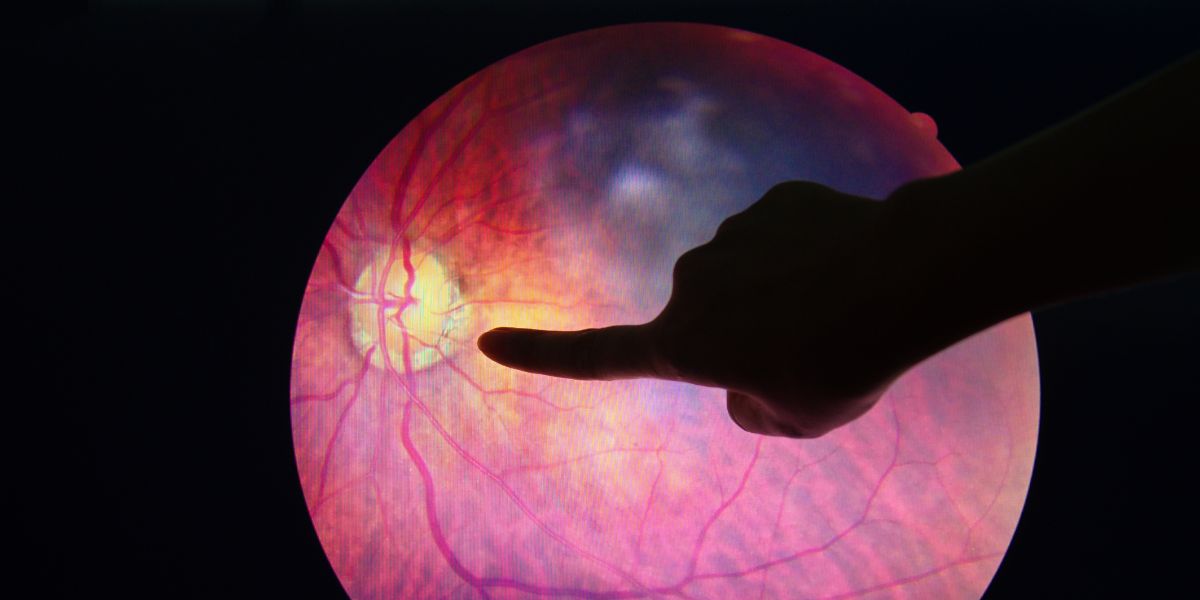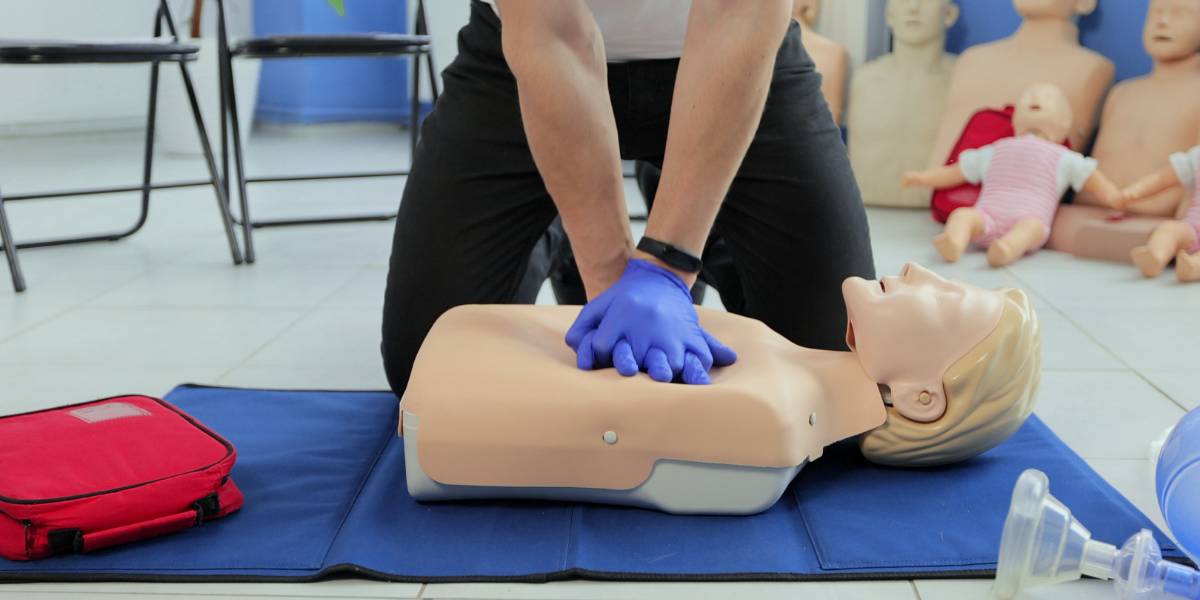A once yearly retinal screening appointment (eye check) is carried out to identify early signs of diabetic retinopathy If allowed to develop, diabetic retinopathy can lead to blindness.
For this reason it is important to attend your retinal screening once a year.
Do I qualify for diabetic retinopathy screening?
Everyone with diabetes who is 12 years of age or over should receive a retinal examination once a year as part of the NHS’s retinal screening programme. If you are concerned that you may be developing retinopathy, check for retinopathy symptoms and see your GP.
Ask your GP or healthy centre if you have not received an invitation to have a retinopathy screening appointment.
Who carries out the retinal screening?
You may have the screening either at a hospital or you may be invited to book your appointment with an optician in your area. The screening is free regardless of where it takes place.
What happens at the retinopathy screening?
The optician will take a photo of your retina
To do this they will need to clearly see into as much of the back of your eye as possible.
To enable them, to do this they will give you eye drops which will expand your pupils. It may take up to 20 minutes for the pupils to get large enough.
The eye drops can sting a bit so just be ready. Try to keep your eyes open as best you can to avoid having to having to have additional attempts.
The fluid needs to cover the centre of your eye to make your pupils larger.
When your pupils are sufficiently expanded the optician will sit you down in front of a machine which will take the photograph of the retina in each of your eyes.
Your eyes must be fully open for a good photograph to be achieved. Be aware that it may take a few attempts to get the photograph just right.
As well as taking a retinal photo, you will also have your sight measured.
Do I need to bring anything with me?
If you wear glasses, bring these with you to the appointment. It is also advisable to bring sunglasses with you to help on the way home. When your pupils expand, lights will become brighter.
Even crossing the road or driving can be quite difficult with dilated (expanded) pupils so it’s well worth taking sunglasses with you. It is not advisable to drive until your pupils have returned to their normal size.
When will I get the retinopathy screening results?
The photographs need to be examined in detail to be able to advise on the condition of your retina. Some opticians may give you a rough idea on the day but you should not expect them to. You will receive the results of your screening by letter.
Allow a few weeks for the letter to arrive. If you do not receive the letter within one month, let your GP or health centre know.






